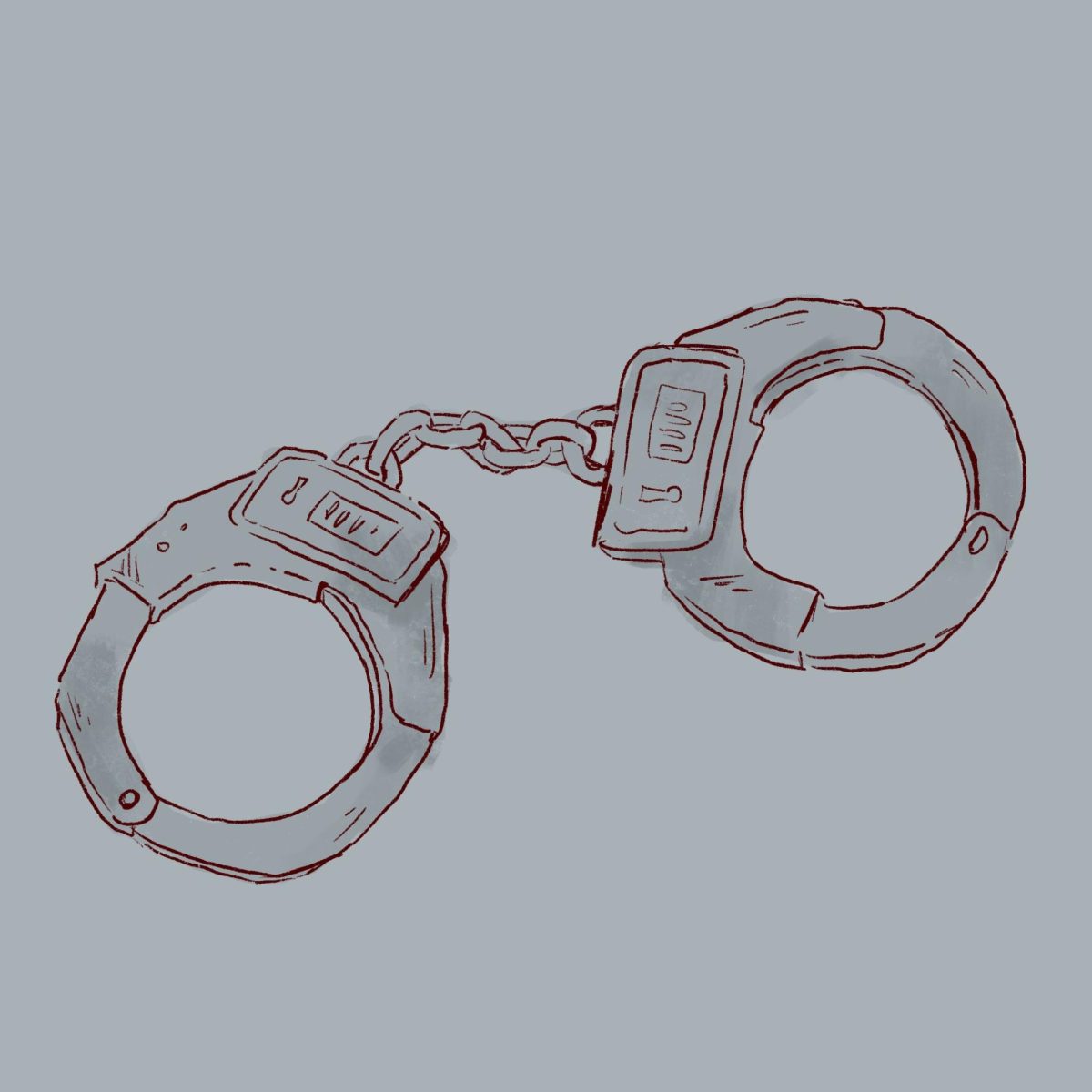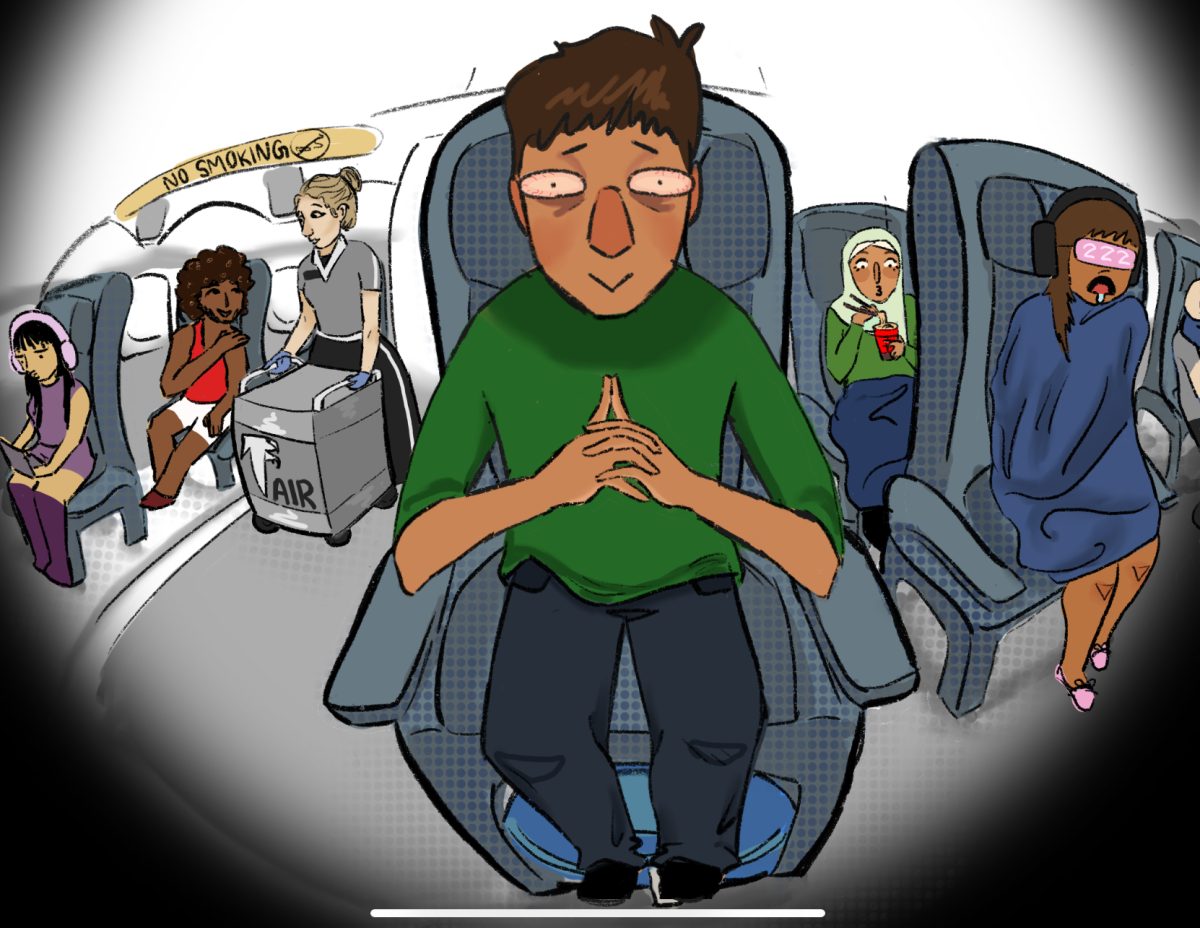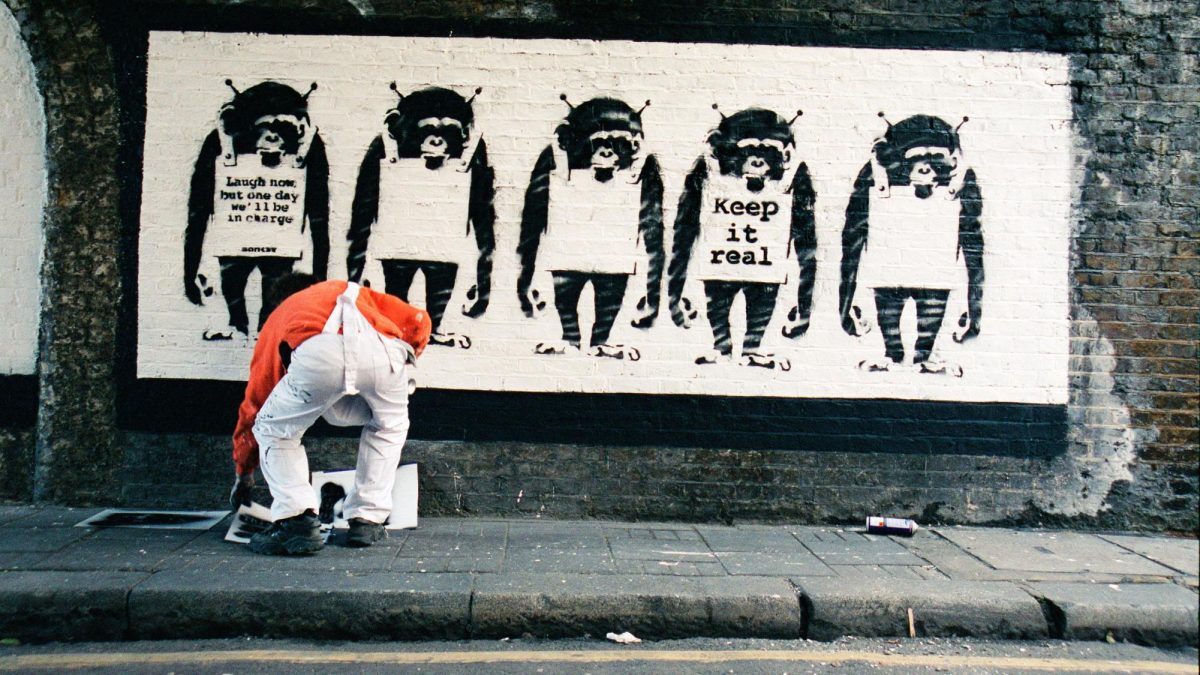Former President Donald J. Trump currently faces 91 felony counts across four criminal cases in four US states. He has pleaded not guilty to all counts, with court dates set to begin at various points between October of 2023 and May of 2024. If found guilty in any one of these cases, Trump will become a convicted felon and may face jail time, but he, like all felons, should still be allowed to vote.
Convicted felons may lose many of their civil rights including but not limited to the right to vote; to sit on a jury; to own, possess, or use a firearm; and to hold certain jobs like those in the medical, law enforcement, or education fields. Oddly enough, however, felons and even those incarcerated can and have run for president (including Eugene V. Debs and Lyndon LaRouche). The only restrictions on a presidential run are laid out in the Constitution, which requires candidates to be natural-born citizens, 35 years old, and to have lived in the US for at least fourteen years. Even if he becomes guilty of multiple felonies, Trump will still meet all of these requirements. So why is it that a felony conviction strips your right to vote and teach, but not to run the country? While Trump has used his charges to portray a certain “alpha male” character, the average person with a criminal record is stuck not with romanticized mug shots but with a stigma to carry around for the rest of their lives.
In America, around one-third of the adult population is living with a criminal record of some kind. For more than 19 million Americans, that record contains a felony—a crime that typically includes violence and is punishable by death or imprisonment. 48 US states currently ban felons from voting, with an estimated 6.7 million Americans being unable to vote due to a conviction. But felons and prisoners are typically not stripped of their US citizenships, and as such deserve due representation within the government. Prisoners and felons have been allowed to exercise many other basic civil rights such as the right to free speech and worship, so why are they not allowed to access their right to vote? Additionally, because prisoners and felons remain citizens, they are counted in the census and other population metrics, meaning they are taken into account when determining the electoral votes a state possesses. They are also subject to state and federal taxes—a prime example of taxation without representation.
In Trump’s case, disenfranchisement would probably be the least of his worries. His largest insulation is being fabulously wealthy. So as he becomes the first president to be charged and possibly convicted of a crime, jail time is probably his top concern. But the possibility remains that he could win the 2024 presidential election, giving him the most powerful job in the country. If potentially he, a felon, could access nuclear codes, then all felons should at a minimum be allowed to access the ballot as well.














